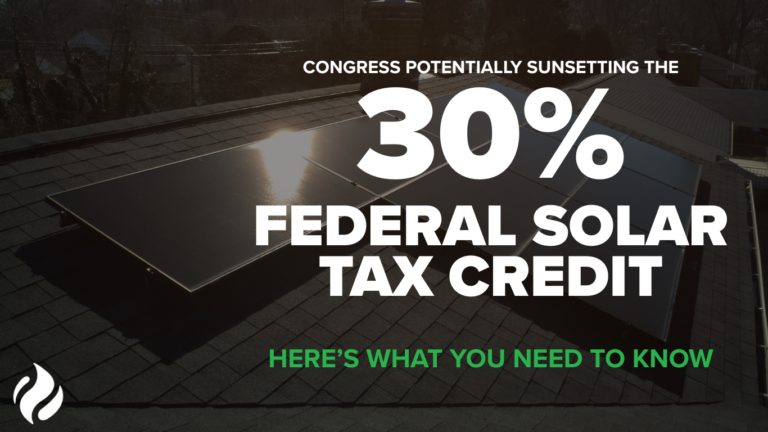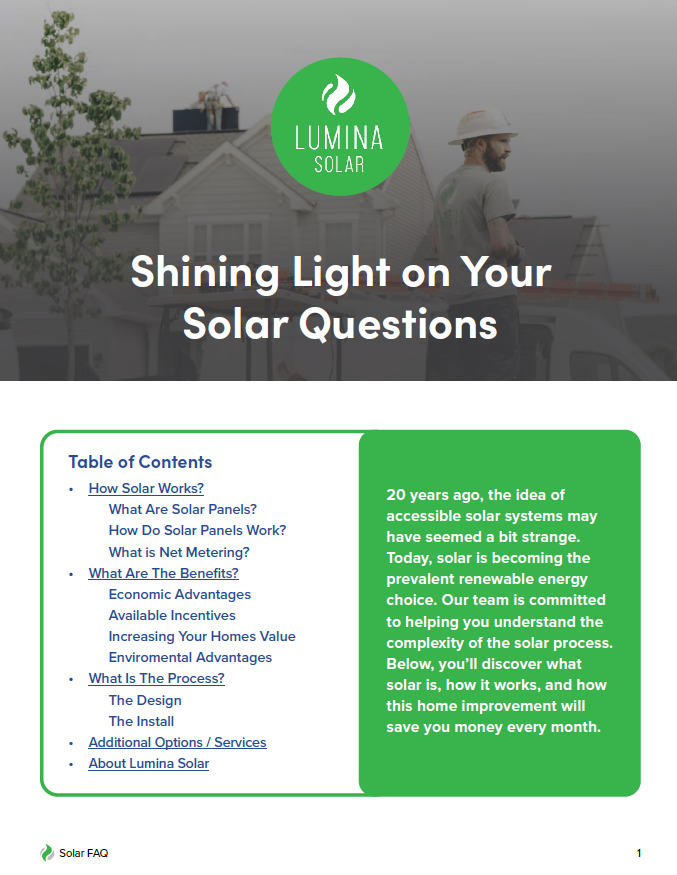Home Energy Storage: Residential Power Reserves Play A Crucial Part In The Functionality Of Solar Panels
Types of Home Energy Storage Systems
When it comes to storing energy at home, variety indeed is the spice of life. There’s a captivating array of home energy storage systems, each with its unique virtues and idiosyncrasies. But what exactly are the options out there?
Lead Acid Batteries
Ever wondered why your car’s battery defies the test of time? It’s probably a lead acid battery. These stalwarts of the energy storage world have been around since the 19th century. Their longevity, coupled with a relatively low cost, have earned them a place in many homes. Yet, isn’t there a nagging thought that something more advanced, more efficient perhaps, could be out there?
Lithium-Ion Batteries
Enter lithium-ion batteries, the silent revolutionaries of our era. Found in everything from laptops to electric cars, these batteries offer a higher energy density and longer lifespan than their lead-acid counterparts. But hold on, isn’t there a risk of overheating? And what about the cost?
Flow Batteries
Ever heard of flow batteries? They may not have the fame of lithium-ion, but they certainly have their merits. With an impressive lifespan and the ability to be scaled up or down depending on energy needs, they offer a versatile solution. But, can they compete in terms of cost and efficiency?
Thermal Energy Storage
Lastly, we have thermal energy storage, a different beast altogether. Instead of storing electricity, these systems store heat or cold for later use. Clever, isn’t it? But are they as practical as their electrical counterparts?
Indeed, the world of home energy storage is as diverse as it is intriguing. Each system, be it old or new, has its unique quirks and qualities. Isn’t that the beauty of choice?
Advantages of Utilizing Solar Panel Energy Storage
When the sun is shining, solar panels absorb its energy, transforming it into electricity. But what happens when the sun isn’t shining? Here’s where energy storage takes center stage. The surplus energy produced on sunny days can be stored for use during the night or on cloudy days. But that’s just scratching the surface. What are the profound benefits of solar panel energy storage?
Energy Independence
Ever experienced a blackout and wished you had a backup plan? Solar panel energy storage provides just that – a fail-safe. By storing surplus energy, you’re equipped for those unexpected power outages. It’s like having energy resilience right at your fingertips. Feeling the freedom yet?
Reduced Energy Costs
As the sun is a free resource, harnessing its power and storing it for later use can significantly cut your energy costs. Are you tired of the relentless rise of electricity prices? Solar energy storage can be your sanctuary from the storm.
Environmental Impact
Let’s not forget about our dear Mother Earth. By using solar panels and storing the energy they produce, we reduce our reliance on fossil fuels. This contributes to lower carbon emissions and a healthier planet. Isn’t it time we gave back?
- Energy Independence – Backup plan for power outages
- Reduced Energy Costs – Protection from rising electricity prices
- Environmental Impact – Contribute to lower carbon emissions
So, is it time to consider solar panel energy storage? Will you leap towards energy independence, embrace lower energy costs, and make a stand for the environment? The power is in your hands.
Installation and Maintenance of Energy Storage
When the sun burns bright, our solar panels bask in its glow, harnessing energy that’s as old as time itself. But what happens when night falls? Ah, that’s where home energy storage enters the stage.
Installing an energy storage system isn’t an afternoon DIY project. It requires the careful hand of a trained professional. Could you imagine trying to connect a battery the size of a small refrigerator to your home’s electrical grid?
Installation Process
- Site Assessment: Is there room for a battery? Is the location safe and accessible?
- System Design: What size battery do you need? How will it integrate with your existing solar panels?
- Permitting: Does your city or county require special permissions?
- Installation: This is where the magic happens. Let the professionals handle it.
- Inspection & Commissioning: Is everything working correctly? Time to flip the switch!
And once it’s installed? Well, that’s where maintenance comes in. Unlike our old friend the sun, energy storage systems can’t run indefinitely without a bit of TLC. The keyword here is longevity.
Maintenance Considerations
Regular inspections are crucial. Is the system showing any error codes? Any visible damage? And we mustn’t forget about cleaning. Dust and debris can reduce performance over time. And while the idea of a battery running out of juice may seem counterintuitive, it’s a reality we must face. More often than not, the battery will need replacing long before the solar panels do.
So, is home energy storage worth the effort? When you’re cozy and warm, even as a snowstorm rages outside, we think you’ll find the answer is a resounding yes.
Within the realm of solar energy, home energy storage stands as a beacon of modern innovation. Ever thought about how solar panels harness the power of the sun, but what happens when the sun isn’t shining? This is where energy storage steps into the picture.
Energy Storage Systems
Energy storage systems are like the unsung heroes of the renewable energy world. They quietly store excess solar energy during the day, to be used when needed. It’s akin to having a reservoir that stores water during a downpour, releasing it during drier days. Without these systems, we’d be at the mercy of the sun’s schedule. Energy storage systems, therefore, offer us flexibility and independence from grid electricity.
The Connection to the Grid
So, how does energy storage tie in with grid connectivity? It’s simple. When your solar panels produce more energy than you can use, the excess energy goes back to the grid. This results in credits to your energy bill. When you need more energy than your panels can provide, you pull energy from the grid. It’s a harmonious give-and-take relationship!
- Benefits of Grid Connectivity:
- Stability in energy supply
- Lower energy bills
- Reduced reliance on fossil fuels
Home energy storage and grid connectivity are siblings working hand-in-hand, ensuring we maximize the benefits from our solar panels. What a time to be alive, isn’t it?
Cost and Efficiency of Home Energy Storage
Have you ever pondered the true cost of home energy storage? It’s not just about the up-front price tag. Life-cycle cost analysis paints a broader picture, encompassing maintenance costs, replacement parts, and the system’s lifespan. But there’s more to consider than just dollars and cents. What about efficiency?
Unraveling the Price Tag
The initial investment for home energy storage can appear hefty. However, the cost-benefit ratio can significantly swing in your favor over the long run. The modern solar panel and storage systems are designed to last for decades, meaning the one-time investment can yield prolonged returns.
Efficiency Matters
Efficiency in home energy storage is a game of percentages. The higher the efficiency, the more solar energy your system can store and utilize, reducing your reliance on grid power. But how do you measure such efficiency?
- Round-trip efficiency: This measures the energy that remains after storage and retrieval. A higher percentage indicates less energy loss.
- Standby efficiency: This reflects how much energy the system uses just to operate. Lower numbers are better here.
Remember, the goal isn’t merely about finding the most affordable or the most efficient system. It’s about finding the right balance that suits your household’s energy needs and financial capabilities. Are you ready to embrace the power of the sun?
Home Energy Storage
Pronunciation: /hoʊm ‘ɛnərdʒi ‘stɔːrɪdʒ/
Definition
Home Energy Storage refers to devices or systems that store electrical energy at a residential level for later use. The stored energy can originate from on-site generation sources like solar panels or from the grid at off-peak times. The most common form of home energy storage is a battery system.
Etymology
The term “Home Energy Storage” is a combination of the words “home”, “energy”, and “storage”, reflecting its role in storing energy at a residential level.
Usage
With the rise in renewable energy sources, the usage of “Home Energy Storage” systems has increased dramatically. They allow homeowners to store excess energy generated during the day for use during the night or during power outages.
See also:
- Battery Energy Storage System
- Renewable Energy
- Smart Grid
For more information about Home Energy Storage contact Lumina Solar today.
Useful Links
Solar Panel, Solar Thermal Collector, Solar Thermal Energy, Sunlight, Electricity, Photovoltaic, Electrons, Direct Current, Battery (Electricity), Photovoltaic System, Solar Inverter, Alternating Current, Charge Controller, Measuring Instrument, Solar Tracker, Solar Farms, Rooftop Solar Power, Grid-Connected Photovoltaic System, Greenhouse Gas Emissions, Home Energy Storage, Timeline Of Solar Cells, Selenium, Silicon, Micro-Inverter, Solar Cell, Pv System, Photon, Photovoltaic Effect, Wafer (Electronics), Crystalline Silicon, Thin Film Solar Cell, Dead And Live Loads, Series And Parallel Circuits, Electric Power, Watt, Voltage, Volt, Electric Current, Ampere, Electrical Load, Junction Box, Mc4 Connector, Usb Power, Power Inverter, Battery Pack, Solar Tracking, Maximum Power Point Tracking, Power Optimizer, Solar Performance Monitor, Thin-Film Solar Cell, Solar Cells, Polycrystalline Silicon, Monocrystalline Silicon, Cadmium Telluride Photovoltaics, Copper Indium Gallium Selenide Solar Cell, Amorphous Silicon, Third-Generation Photovoltaic Cell, Multi-Junction Solar Cell, Compound Semiconductor, Gallium Arsenide, Concentrator Photovoltaics, Thin-Film Silicon, Cigs Solar Cell, Thin-Film, Rooftop Solar Pv, Thin Film, Nanometers, Micrometers, Silicon Wafer, Copper Indium Gallium Selenide Solar Cells, Multi-Crystalline Silicon, Solar Pv Systems, Perovskite Solar Cell, Dye-Sensitized Solar Cell, Quantum Dot Solar Cell, Organic Solar Cell, Czts, Building Integrated Photovoltaics, Transparency And Translucency, List Of Photovoltaic Power Stations, Photovoltaic Power Stations, Environmental Issues, Renewable Energy, Non-Renewable Energy, Electricity Generation, Heavy Metals, Solar-Cell Efficiency, Photoelectric Effect, Accelerated Life Testing, Growth Of Photovoltaics, Utility-Scale Solar, Lens (Optics), Angle Of Incidence (Optics), Anti-Reflective Coating, Destructive Interference, Alternating Current, Microinverter, Ac Power, Dc Connector


